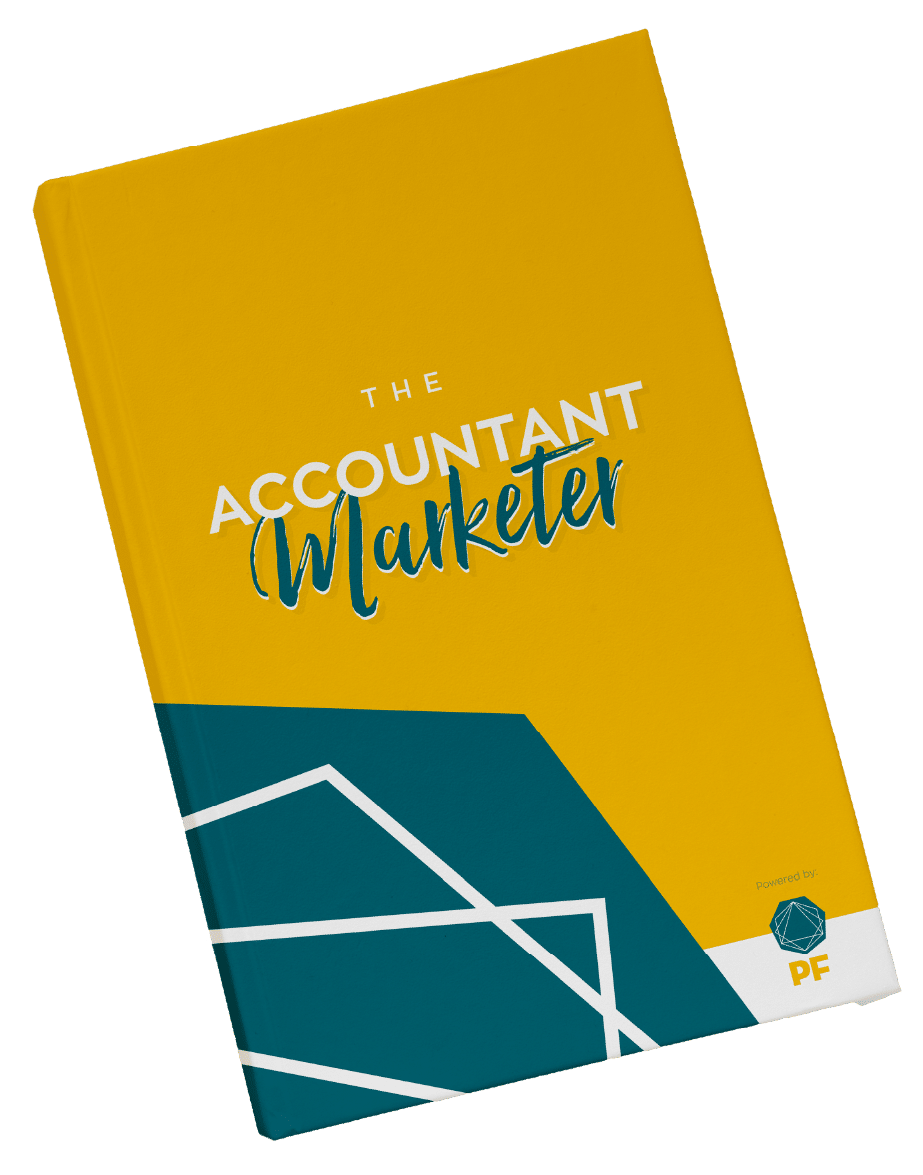Marketing strategy can feel confusing – and even pointless sometimes.
Surely it’s mostly a bunch of talk, and if you have to go through it you will, but really you want to just get some marketing done. “Executed” is the marketing term, but I find that rather war-like and creepy sometimes, so I tend to go with “implemented”.
Whichever, the point is to get the email sent out to your clients. Or go to the exhibition and get new leads. Or post the videos on social every week.
Marketing strategy is simply the process of asking what direction your marketing is going to take, and why.
It’s a pause before you jump in.
I was talking with a fellow marketer recently about an exciting new project. We might collaborate on it. It’s a big project though, and both of us have other priorities right now, so we put it on the car park of ideas.
The other day we were messaging about it and I got all excited and said “Yea, let’s do it! I’ll start a document and we can–”
Literally within the space of about four seconds I had moved from “this is exciting but there are other marketing priorities which will help me reach my goals faster” to “let’s put this at the top of the list!”
Fortunately, my friend said, “I’m full in February to start this, but I’m keen to be involved. I’d love to take a look at it next month.”
I respected that – and took a moment to think about how often I need to hark back to my marketing strategy words.
There are three: education, inspiration, and experience.
Those three words are like themes.
Every “tactic” we choose this year – the marketing actions we take – needs to fit at least one, and preferably more than one, of these themes.
We’re exhibiting at a tech conference for accountants? Opportunity to inspire the accountants we meet, and show our experience via exhibition stand showreel.
My second book coming out this year? Educate accountants about what creativity is, and inspire them to lean into it for the benefit of their firms.
It also works for new ideas.
Opportunity to teach at a retreat for accountants? Perfect. I get in a room with 40 accountants to train them in sales and marketing (educate), as well as inspire them with stories of other accountants who have successfully implemented this (inspiration and experience).
Shall we start a podcast? Again the trifecta: we’d have the opportunity to educate accountants, inspire them, AND showcase our experience in different episodes.
Start working with non-accountant businesses? At first glance that doesn’t really fit the marketing strategy. But actually, could working with one of our clients’ clients (a small business whose accountant is our client) provide inspiration to our accountants? Could it help educate us, as well as them? Possibly.
Of course these themes don’t prevent me from coming up with allll the ideas: I still need to prioritise. Just because I want to write three new books this year doesn’t mean that is the best use of my time, energy, and investment given the other investments we’re making.
But at least it gives some direction: and your marketing strategy theme words don’t have to be a 45 page report. (I’d suggest it not be.) If you know what the words are, and why, and they fit with your business strategy, they can help you evaluate the various tactics you’ll implement this year. And the ones you won’t.



